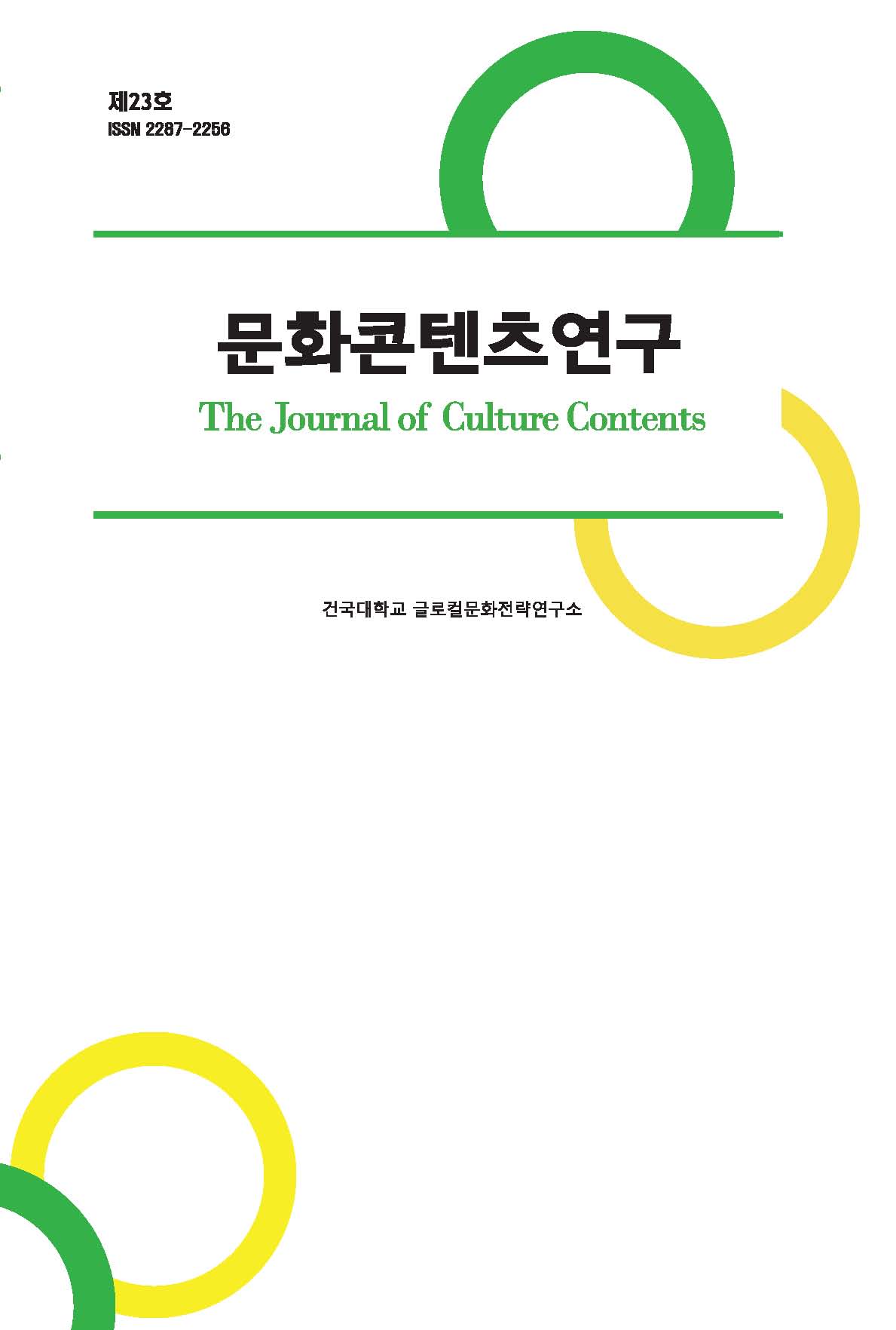Research Article
Abstract
References
Information
This paper considered the 《Freiburg FABRIK》, which was formed to integrate the labor system, in which human beings became only mechanical parts due to the segmentation of labor, and the place where labor was carried out, became a source of pollution that threatened their health, and the contradictions that they had to take extra time for hobbies and cultural and artistic activities due to the separation of labor and culture. The 《Freiburg FABRIK》 is a living community that transformed Factory, which used to be the workplace of workers, into a place of labor, residence, and restoration and preservation of the ecosystem.
However, this community does not only provide free labor and cultural activities for its members, but also provides cultural and artistic programs for the socially disadvantaged in the region to create jobs and help local residents engage in creative activities. It also contributes not only to the community itself but also to the city of Freiburg becoming an energy- independent city. In short, 《Freiburg FABRIK》 is a self-reliant community with free labor, culture and ecology, but it shows a model of becoming a sustainable society, not an island of isolation.
본고는 노동의 세분화로 인하여 인간이 기계부품에 불과하게 되었고, 그 노동이 이루어지는 곳이 자신의 건강을 위협하는 오염원이 되었으며, 노동과 문화의 분리로 인하여 문화예술 활동을 위해서 별도로 시간을 내야 하는 모순들에 대해 문제를 제기하고 이들을 통합하고자 형성된 《프라이부르크 파브릭》을 고찰했다. 《프라이부르크 파브릭》은 노동자들의 일터였던 파브릭 Fabrik을 생계유지를 위한 노동의 터전이자 주거지이며 생태계의 회복과 보존의 장소로 전환시킨 생활공동체이다.
하지만 이 공동체는 구성원들만의 자유로운 노동활동과 문화생활을 하는 데 그치지 않고 지역의 사회적 약자들을 위해서 일자리를 창출하고 지역주민들이 창작활동을 할 수 있도록 문화예술프로그램들을 제공하고 있다. 또한 공동체 자체만이 아니라 프라이부르크 시가 에너지 자립도시가 되는 데에 기여하고 있다. 요컨대 《프라이부르크 파브릭》은 자유로운 노동과 문화와 생태가 함께 하는 자립적인 공동체이지만 고립의 섬이 아니라 지역사회와 연대하며 지속가능한 사회가 될 수 있는 하나의 모델을 보여주고 있다고 할 수 있다.
- 사지원, 『생태정신의 녹색사회: 독일』 이담출판사, 2011.
- 사지원, 「생태공동체 탄생에 의한 지역재생과 지역사회의 활성화 - 독일 베를린 《우파 파브릭 생태공동체》를 중심으로」, 『독일어문학』, 87집, 2019.
- Behrendt, Arne u. a, Umnutzungs(t)räume. Soziokultur, Arbeit und Wohnen auf alten Gewerbeflächen – 29 Beispiele, Hannover 1994.
- Bundesvereinigung Soziokulturller Zentren e. V., Was braucht’s? Soziokulturellen Zentren in Zahlen. Berlin 2019.
- Borowsky, Peter, Deutschland 1963-69, Oldenbourg 1983.
- Borowsky, Peter, “Das Ende der Ära Adenauer”, in: Informationen zur politischen Bildung, Zeiten des Wandels, H. 258, 1998.
- Darendorf, Ralf, “Wenn der Arbeitsgesellschaft die Arbeit ausgeht”, in: Die Krise der Arbeitsgesellschaft? Verhandlungen des 21. Deutschen Soziologentages in Bamberg 1982, Frankfurt a. Main/New York 1982, S. 25–37.
- Glaser, Hermann/Stahl, K. Heinz, Die Wiedergewinnung des Ästhetischen. Perspektiven und Modelle einer neuen Soziokultur. München 1974.
- Haeckel, Ernst, Der Monismus als Band zwischen Religion und Wissenschaft, Bonn 1902.
- Hermand, Jost, Die Kultur der Bundesrepublik Deutschland 1965-85, München 1988.
- Hoffmann, Hilmar, Kultur für alle. Perspektiven und Modelle. Frankfurt a. Main 1979.
- Hoffmann, Hilmar, Kultur für morgen. Beitrag zur Lösung der Zukunftsprobleme. Frankfurt a. Main 1986.
- Hauff, Volker, Unsere gemeinsame Zukunft. Der Brundtland-Bericht der Weltkommission für Umwelt und Entwicklung, Greven 1987.
- Isarel, Joachim, Der Begriff der Entfremdung, Reinbek bei Hamburg 1972.
- Marcuse, Herbert, Kultur und Gesellschaft 1. Frankfurt am Main 1968.
- Reid, J. H., Heinrich Böll, München 1991.
- Winkelmann, Arne, Kulturfabriken. Zeichenwandel der Fabrik in der freien Kulturarbeit. Berlin 2006.
- fabrik-freiburg, https://www.fabrik-freiburg.de (검색일 2020년 3월 27일).
- FABRIK-Geschichte https://www.fabrik-freiburg.de/ueber-uns/geschichte (검색일 2020년 3월 27일).
- FABRIK-Ökologie https://www.fabrik-freiburg.de/ueber-uns/oekologie. (검색일 2020년 4월 3일).
- FABRIk-Video https://www.fabrik-freiburg.de (검색일 2020년 3월 27일).
- Hamburg-FABRIK, https://fabrik.de/programm (검색일 2020년 2월 25일).
- Schneider, Wolfgang, Was ist und zu welchem Zweck betreibt man Soziokultur? 2008.(https://soziokultur-sachsen.de/phocadownload/ userupload/was%20ist%20und%20zu%20welchem%20zweck%20betreibt%20man%20 soziokultur%20%20-%20wolfgang%20schneider. pdf) (검색일 2020년 3월 20일).
- VORDERHAUS, https://www.vorderhaus.de (검색일 2020년 4월 2일).
- Publisher :Research Institute of Creative Contents
- Publisher(Ko) :글로컬문화전략연구소
- Journal Title :The Journal of Culture Contents
- Journal Title(Ko) :문화콘텐츠연구
- Volume : 19
- No :0
- Pages :7-30
- DOI :https://doi.org/10.34227/tjocc.2020..19.7



 The Journal of Culture Contents
The Journal of Culture Contents





